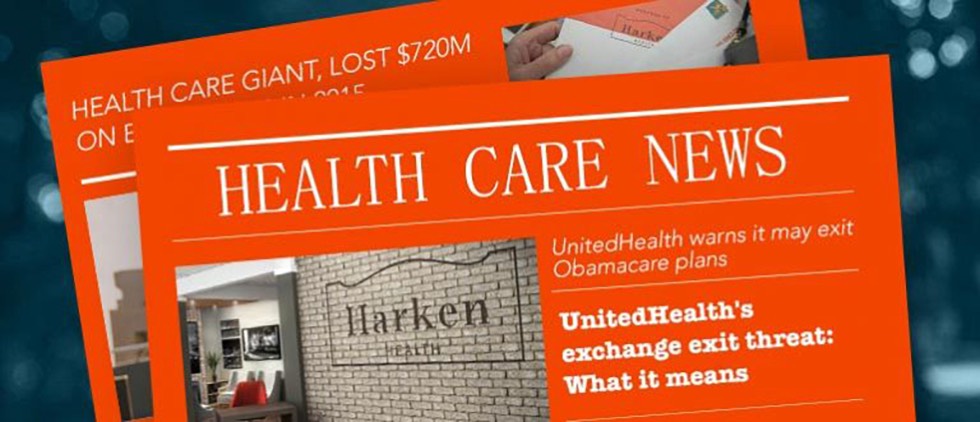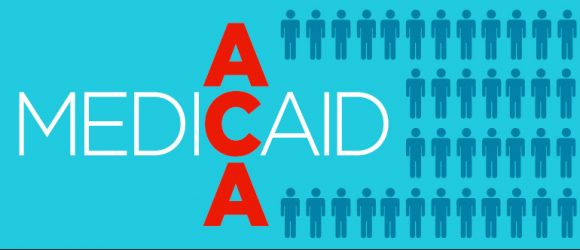UnitedHealth Pulls Out of Healthcare Exchanges, Bets on New Model for Success

In a somewhat unsurprising move (see examples of recent speculation here and here), UnitedHealth has officially announced that it will pull out of Obamacare’s healthcare exchanges in all but a few states, according to The Washington Post. The decision to leave the marketplace was made after disappointing earnings reports for the healthcare giant, which lost $720M on exchanges in 2015.
UnitedHealth’s announcement has, of course, sparked a debate over the vitality of the exchanges themselves: whether or not United’s departure is the “death knell” of the marketplace system as a whole, as the other big insurers might now be wondering if they, too, should follow suit.
There are two big reasons why we believe a UnitedHealth-less marketplace doesn’t spell doom for the exchanges. The first is that, although United is the largest health insurer, it covers only 790,000 people of the 12.7 million on state and federal exchanges (which amounts to 6%), according to the Post. Data shows that if they dropped out altogether, effects would be relatively modest – most enrollees would still have choice on the exchange and an average health plan would be about 1% more expensive. Put another way, UnitedHealth can be bold and pull out because only a small percentage of their revenue comes from marketplaces as compared to other issuers, and they have other forms of revenue.
The second reason is, to us, the interesting one: UnitedHealth isn’t, technically, leaving the exchanges altogether, because it’s smaller subsidiary – Harken Health – is staying put in Illinois and Georgia. Harken Health intrigues us because, simply stated, it’s a health insurance plan of a different kind: its focus is on primary care. According to Healthcare Dive, Harken “is based on the idea that coordinated primary care with engaged clients will mean fewer hospitalizations, better chronic disease management and better disease prevention.” Modern Healthcare points out that Harken Health also aims to be a good choice for consumers’ wallets, as it’s a plan that “offers unlimited primary care and behavioral visits at no charge,” as well as services with “no coinsurance charge and copays only for prescription drugs.”
So the question is, will UnitedHealth’s Harken model work? Can the “little guy” be successful in the exchange in ways that larger insurers cannot – especially little guys with a different approach to healthcare? Time will tell, but as Katherine Hempstead of the Robert Wood Johnson Foundation told the Washington Post, “I don’t think the exit of [UnitedHealth] is, in and of itself, a threat to the overall market. It’s a message. To me, it’s a sign of a process of evolution, where the sellers really have to change what they do to make money in this market – and they’re starting to.”









